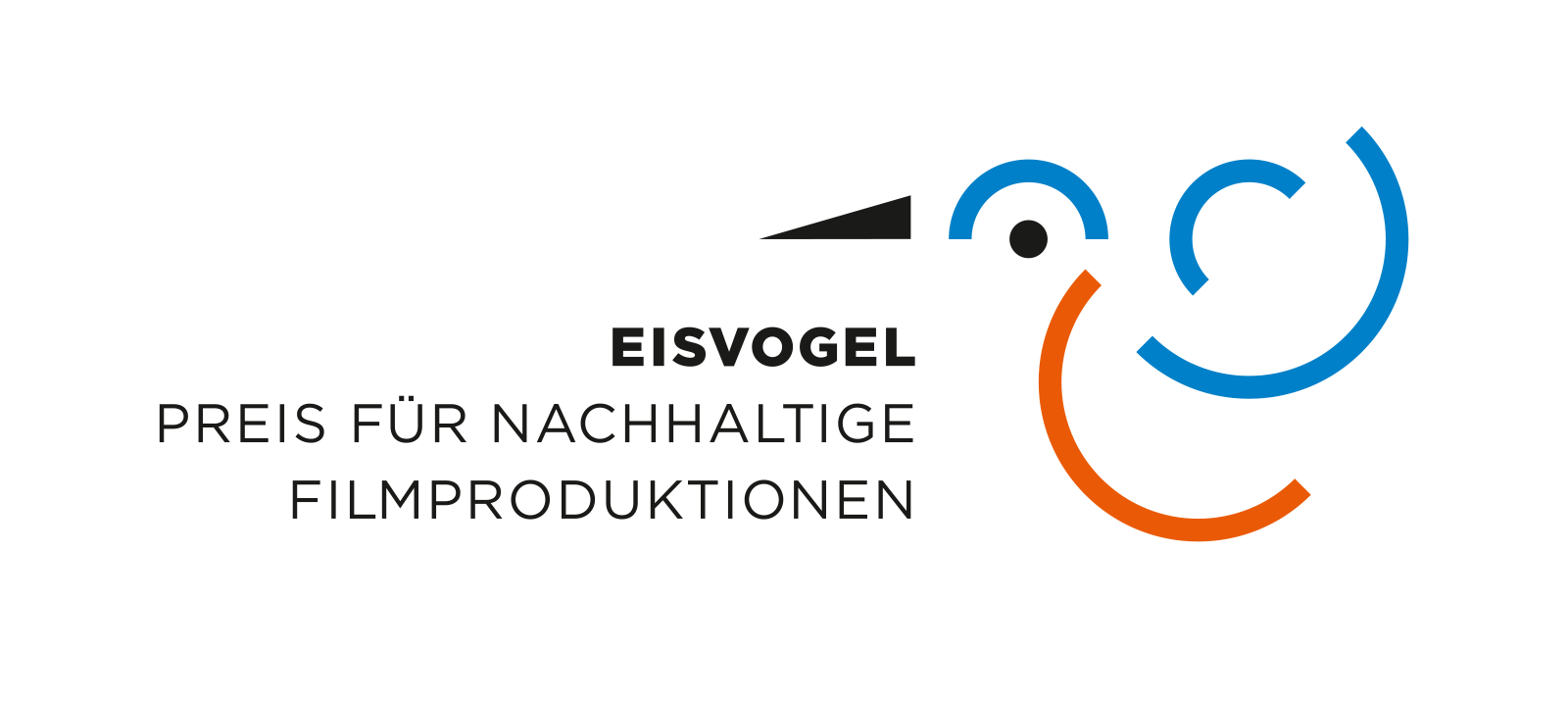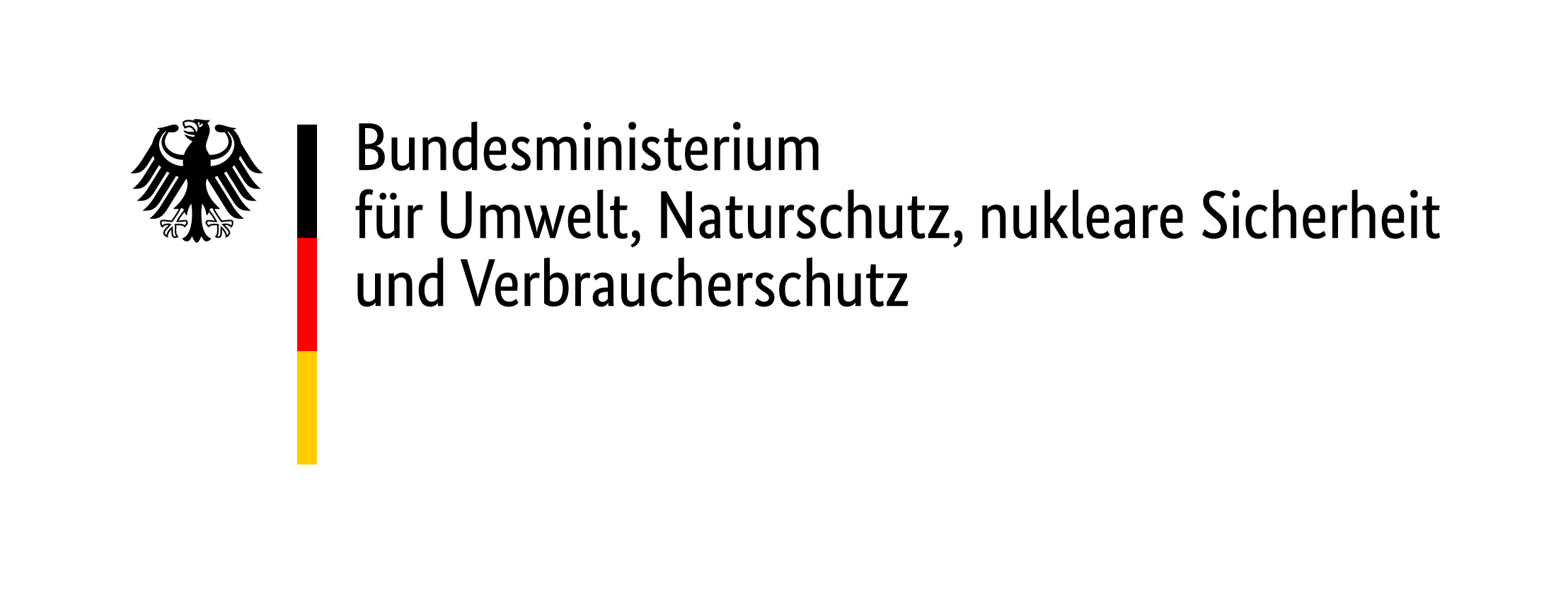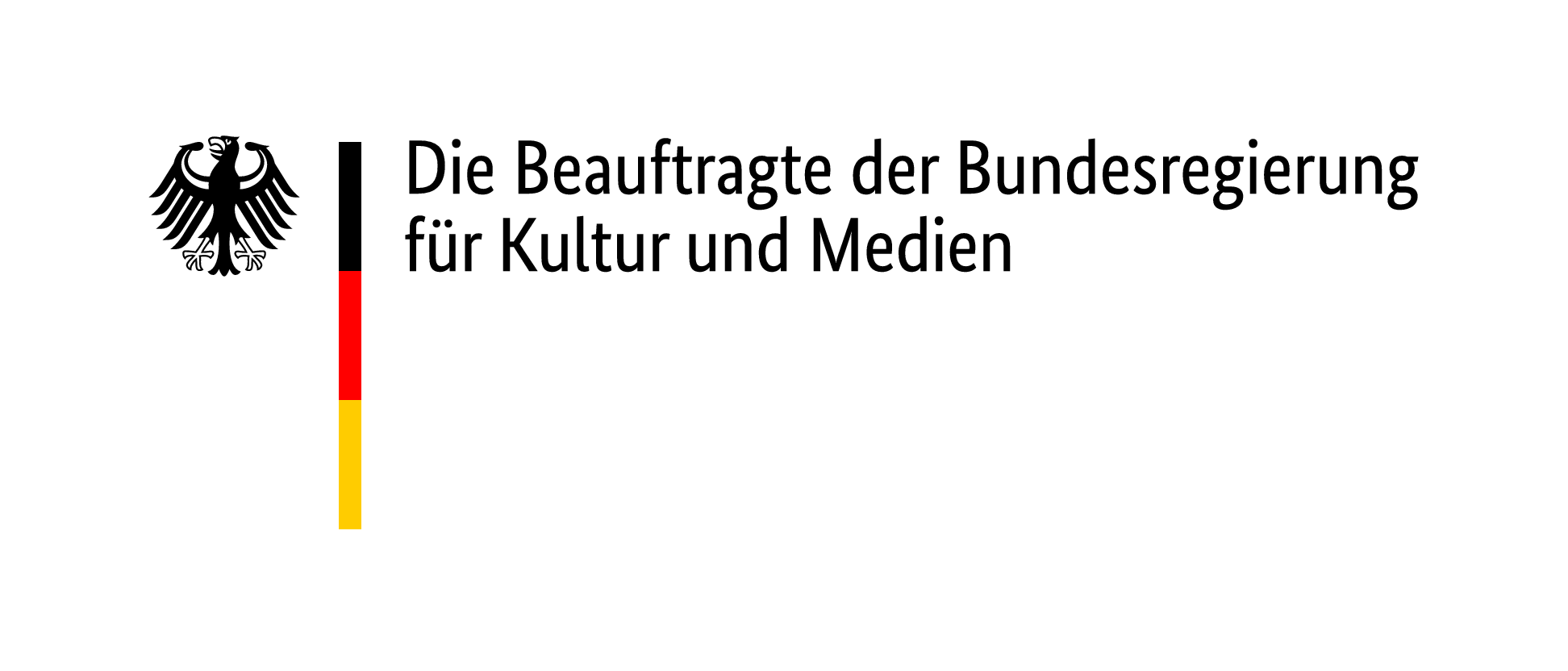The winner of the Eisvogel – Prize for Sustainable Film Production is selected by a five-person jury composed of experienced representatives from both the film and media sector and the environmental sciences.
Thomas Bischoff
Head of Communications & Fundraising at the Heinz Sielmann Foundation
Thomas Bischoff has been Head of Communications & Fundraising at the Heinz Sielmann Foundation since November 2016. He studied at the Stuttgart Art Academy, among further education. After working in mobile communications and automotive sales, he came to the field of nature and species conservation via the German Red Cross. His focus is on sustainability and communication.
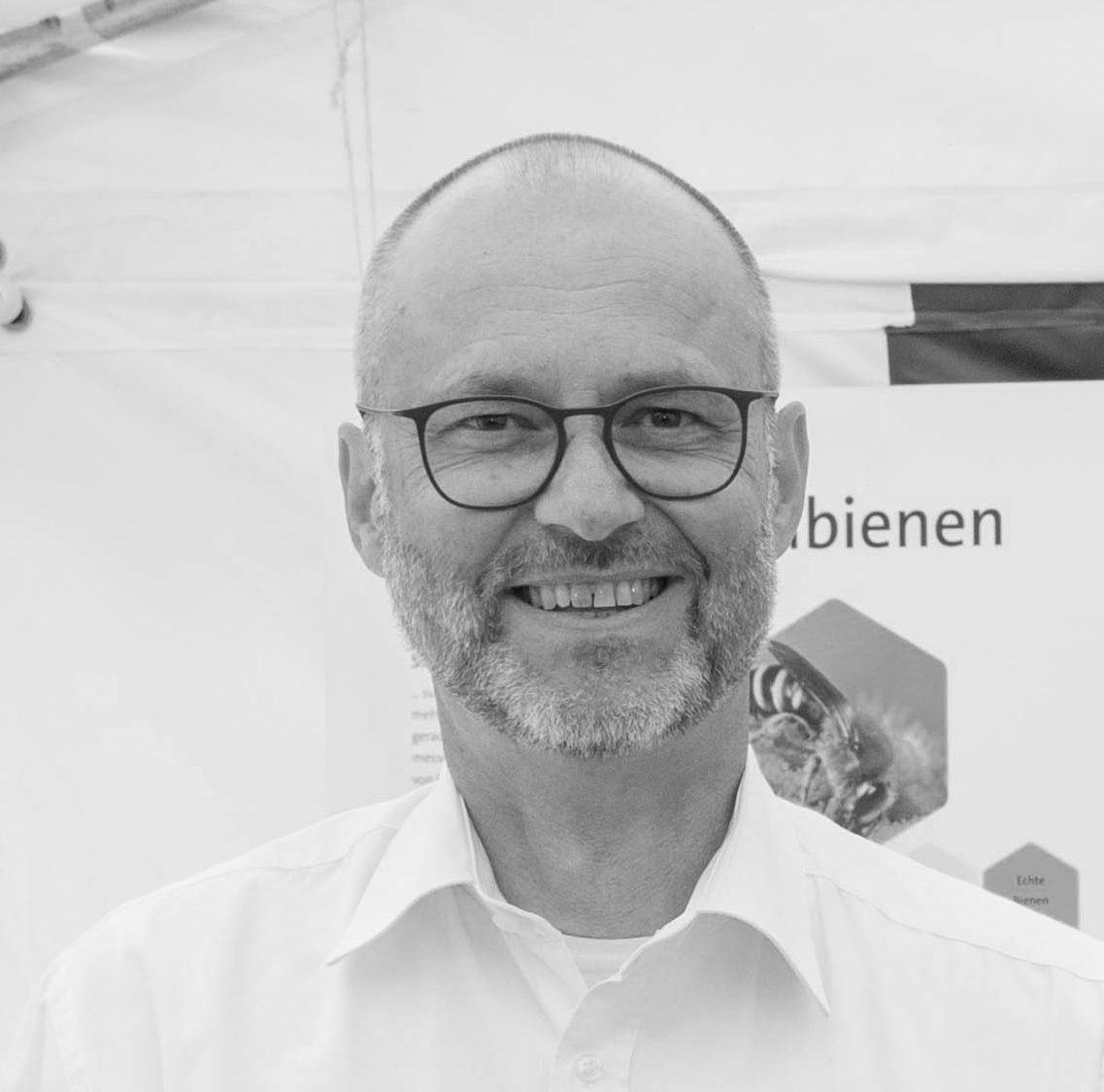

Sarah Duve-Schmid
Deputy to the Executive Board and Head of Funding of the German Federal Film Board (FFA)
"The Prize for Sustainable Film Production is a well-deserved recognition for film projects that combine environmental awareness and excellent storytelling with innovative approaches. The prize is an important part of establishing structures for ecological and climate-friendly film production in Germany."
After studying law and holding various positions in film and media law firms as well as working in various film production companies, Sarah Duve-Schmid became Head of the Editing Department at Deutsche Columbia Pictures Filmproduktion in 1999. In April 2004, she was entrusted with the founding of Vision Kino by the Federal Government’s Commissioner for Culture and Media (BKM), of which she was Managing Director until August 2019. Since September 16th 2019, she has been Deputy Director of the German Federal Film Board and FFA Funding.
Susanne Freyer
CEO of Akzente Film & Fernsehproduktion
“I am glad that a prize for sustainable film production has been created that recognises the effort and creativity that many producers are contributing to this issue, as well as providing a new incentive for green productions in the future.”
Susanne Freyer has been CEO of Akzente Film & Fernsehproduktion since 2007.
She started her film career at Bayerischer Rundfunk in 1990, where she worked on series for the broadcaster.
In 1995, she moved to ndF: neue deutsche Filmgeschäft as a producer.
In addition to period dramas including Rainer Kaufmann’s Die Kirschenkönigin and the successful crime shows München 7 and Kommissar Marthaler, she has produced made-for-television movies for ARD, ZDF, Sat.1 and ProSieben, as well as cinema features such as Fleisch is mein Gemüse, based on the novel of the same name by Heinz Strunk, Tigermilk by Ute Wieland and the drama Das schweigende Klassenzimmer (The Silent Revolution) by Lars Kraume, which premiered at the 2018 Berlinale.
The made-for-television drama film Wir wären andere Menschen by Jan Bonny was recently awarded the Grimme Award. Susanne Freyer is currently working on two new films for the Quartett crime film series as well as a new series of Der Alte for ZDF.
She started her film career at Bayerischer Rundfunk in 1990, where she worked on series for the broadcaster.
In 1995, she moved to ndF: neue deutsche Filmgeschäft as a producer.
In addition to period dramas including Rainer Kaufmann’s Die Kirschenkönigin and the successful crime shows München 7 and Kommissar Marthaler, she has produced made-for-television movies for ARD, ZDF, Sat.1 and ProSieben, as well as cinema features such as Fleisch is mein Gemüse, based on the novel of the same name by Heinz Strunk, Tigermilk by Ute Wieland and the drama Das schweigende Klassenzimmer (The Silent Revolution) by Lars Kraume, which premiered at the 2018 Berlinale.
The made-for-television drama film Wir wären andere Menschen by Jan Bonny was recently awarded the Grimme Award. Susanne Freyer is currently working on two new films for the Quartett crime film series as well as a new series of Der Alte for ZDF.
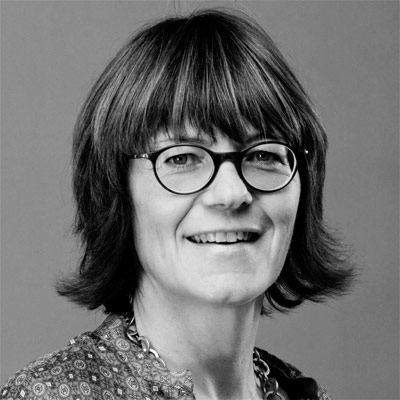
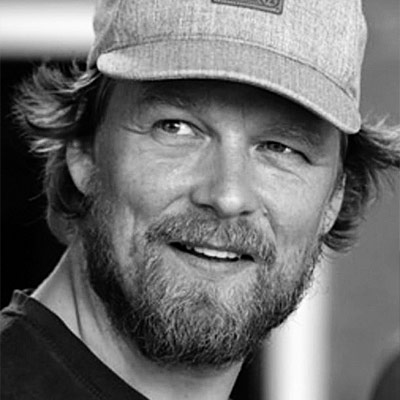
© Marion von der Mehden
Lars Jessen
Director
Lars Jessen is an award-winning German director and producer.
After finishing his master’s degree at CAU Kiel and the University of Cologne, the Kiel-born director completed a postgraduate course in film and television at the Academy of Media Arts Cologne.
Lars Jessen has been a successful director for a large number of TV properties for years. His resume includes Tatort and Mord mit Aussicht, as well as many television series and features such as Jürgen – Heute wird gelebt (Lonely Knights). Most recently, he and his co-director Jan Georg Schütte received the Grimme Award alongside actor Charly Hübner for their work on Für immer Sommer 90.
His catalogue includes five cinema films, including Am Tag als Bobby Ewing starb, Dorfpunks and Fraktus, which were premiered at the Berlinale and subsequently screened at numerous international festivals.
His miniseries Jennifer – Sehnsucht nach was Besseres, aired at intervals over several years on NDR since 2015, was awarded the Deutscher Comedypreis in 2018. Lars Jessen has produced and directed the comedy series Check Check since 2018.
He is currently adapting Dörte Hansen’s novel Mittagsstunde. Lars Jessen was awarded the State of Schleswig-Holstein’s Art Prize in September 2020.
After finishing his master’s degree at CAU Kiel and the University of Cologne, the Kiel-born director completed a postgraduate course in film and television at the Academy of Media Arts Cologne.
Lars Jessen has been a successful director for a large number of TV properties for years. His resume includes Tatort and Mord mit Aussicht, as well as many television series and features such as Jürgen – Heute wird gelebt (Lonely Knights). Most recently, he and his co-director Jan Georg Schütte received the Grimme Award alongside actor Charly Hübner for their work on Für immer Sommer 90.
His catalogue includes five cinema films, including Am Tag als Bobby Ewing starb, Dorfpunks and Fraktus, which were premiered at the Berlinale and subsequently screened at numerous international festivals.
His miniseries Jennifer – Sehnsucht nach was Besseres, aired at intervals over several years on NDR since 2015, was awarded the Deutscher Comedypreis in 2018. Lars Jessen has produced and directed the comedy series Check Check since 2018.
He is currently adapting Dörte Hansen’s novel Mittagsstunde. Lars Jessen was awarded the State of Schleswig-Holstein’s Art Prize in September 2020.
Dr. Bettina Rechenberg
Head of Division III: Sustainable Production and Products, Waste Management at the German Environment Agency
“To preserve our environment and conserve resources, we need creative solutions in all areas. In order to promote the dissemination of solutions throughout the sector, we want to recognise the film productions that develop them for their vital contribution.”
Dr Bettina Rechenberg leads Division III: Sustainable Production and Products, Waste Management at the German Environment Agency. The biologist has been working at the UBA since 1992. In the past, she has worked in the divisions responsible for water pollution control, chemical safety, sustainable production, resource conservation and material cycles . Since 2015, she has led Division III, which analyses the environmental effects associated with the extraction of raw materials, industrial production and applications, recycling and product disposal. The work of the experts in this department includes seeking and promoting practical environmentally friendly and resource-saving solutions.
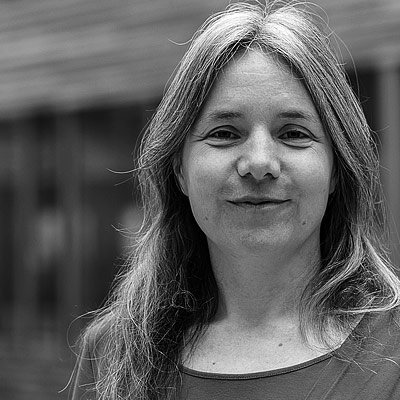
© Susanne Kambor. Umweltbundesamt

